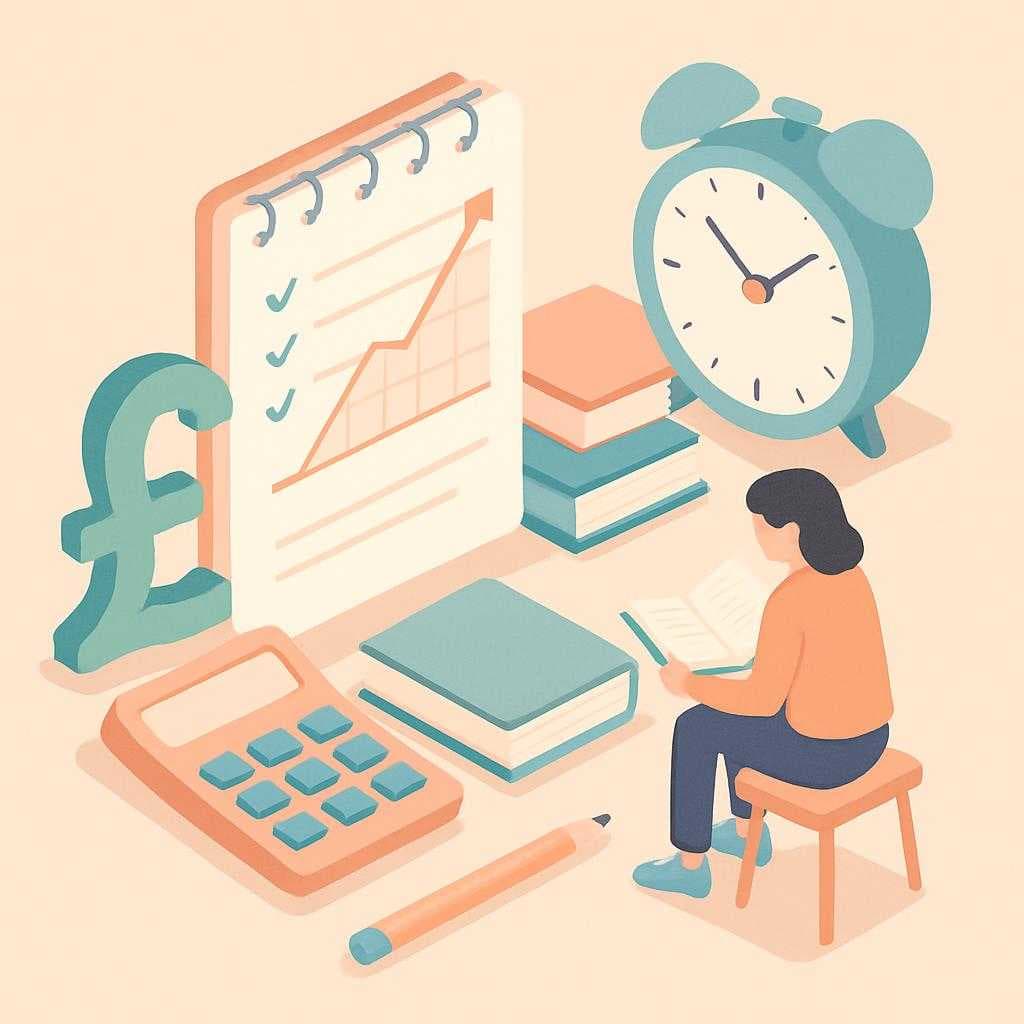Mastering Exam Techniques: A GCSE Economics Student's Guide
Summary: Discover essential exam techniques for GCSE Economics students in the UK. Learn how to navigate the specifics of AQA, Edexcel, and OCR exam boards to maximize your success.
Preparing for your GCSE Economics exams can be daunting, but with the right exam techniques, you can approach your studies with confidence and clarity. Whether you are sitting exams from AQA, Edexcel, or OCR, understanding the nuances of each exam board can make a significant difference in your performance. Here's your guide to mastering exam techniques and acing your GCSE Economics exams.
Understanding Your Exam Board
The first step in preparing for your GCSE Economics exam is to understand the requirements of your specific exam board. Each board—AQA, Edexcel, and OCR—has its unique style and focus areas.
-
AQA: Known for its emphasis on real-world applications, AQA exams often require students to apply theoretical concepts to current economic issues. Focus on case studies and practice applying your knowledge to different scenarios.
-
Edexcel: This exam board places a strong emphasis on data interpretation and analysis. Ensure you are comfortable with economic graphs and data sets, as Edexcel exams often test your ability to interpret and analyze economic data.
-
OCR: OCR exams typically focus on theoretical understanding and clear explanations of economic concepts. Practice explaining complex ideas in simple terms, as this will help you excel in OCR exams.
Effective Revision Strategies
-
Past Papers Practice: Utilize past papers from your specific exam board. This will familiarize you with the question formats and time management required in the exam.
-
Focus on Diagrams: Economics is a visual subject. Practice drawing and explaining diagrams, as they are a key component in all exam boards. Make sure you can quickly sketch and interpret supply and demand curves, shifts, and equilibrium changes.
-
Stay Updated on Current Events: Economics is a dynamic subject. Engage with current events and understand how they relate to your syllabus. This will enrich your answers and demonstrate a practical understanding of economic theories.
-
Create a Glossary of Key Terms: Understanding key economic terms is crucial. Create a glossary and review it regularly to ensure you are familiar with the terminology used in your exams.
Manage Exam Stress
Lastly, managing exam stress is essential. Regular breaks, a balanced diet, and adequate sleep will help keep your mind sharp. Remember, consistent preparation is the key to confidence in the exam hall.
By understanding your exam board's requirements and implementing effective revision strategies, you can master your GCSE Economics exams. Approach your studies with a strategic mindset, and you'll be on your way to achieving success. Good luck!
